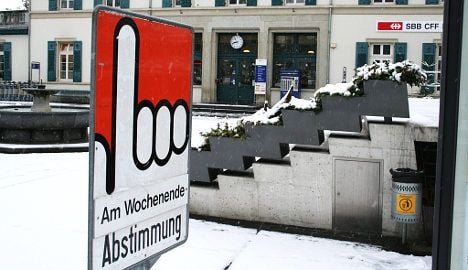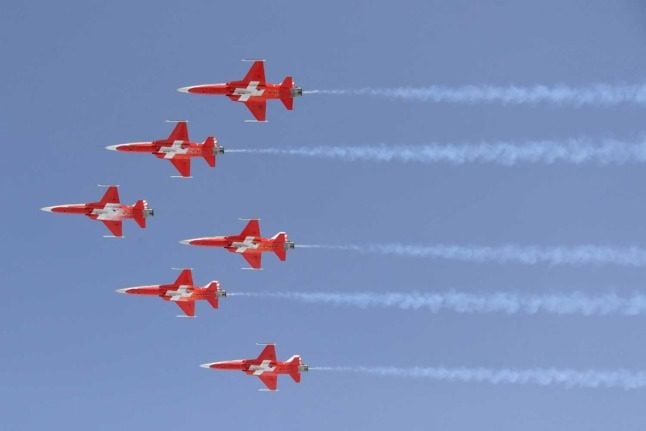A popular initiative calling for international treaties to be sanctioned by the people through referendums received only 25 percent of the votes on Sunday, despite a concerted marketing effort by the Campaign for an Independent and Neutral Switzerland, newspaper Neue Zürcher Zeitung reported.
Resistance to the initiative was highest in Romandie, with approximately 80 percent of people voting against it. Justice Minister Simonetta Sommaruga interpreted the result as being one of faith in the current system.
Campaign chief Pirmin Schwander of the far-right Swiss People’s Party said the initiative might have received better results had examples of international treaties been put before the people. He had also hoped for greater support from the Swiss People’s Party, expecting that party supporters would swing the vote in their favour.
The proposal to introduce “managed care”, a complex arrangement aimed at grouping general practitioners or “home doctors” together in clusters in an effort to keep healthcare costs down, was met with a resounding 76 percent no vote, online news site 20 Minuten reported.
Despite complaints about expensive visits to the doctor, no one has yet come up with a way of reducing health costs that has satisfied the public.
An initiative in Zurich, “the customer is king”, which sought to liberalize shop opening times, also fell flat, with some 70 percent of voters saying no to the proposal.
The Greens however did achieve a positive result for their proposal to protect certain valuable agricultural land in an effort to promote Switzerland’s agricultural self-sufficiency.



 Please whitelist us to continue reading.
Please whitelist us to continue reading.
Member comments